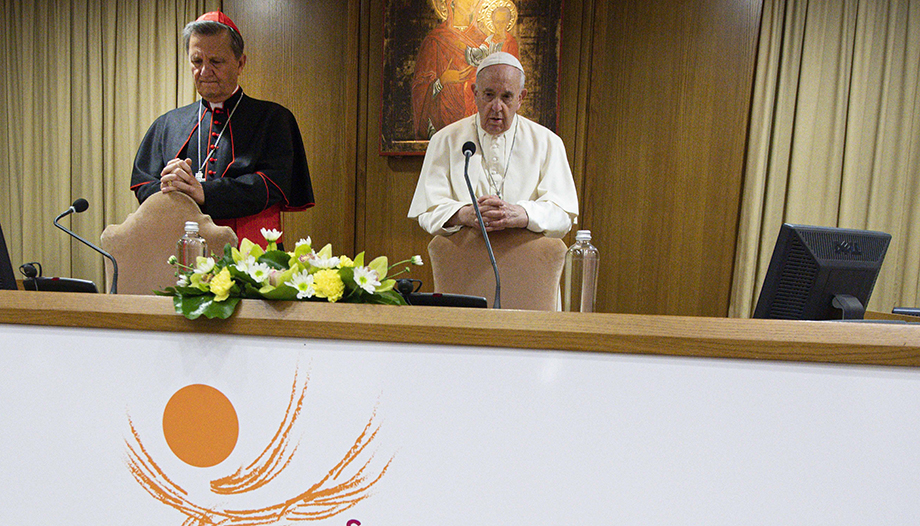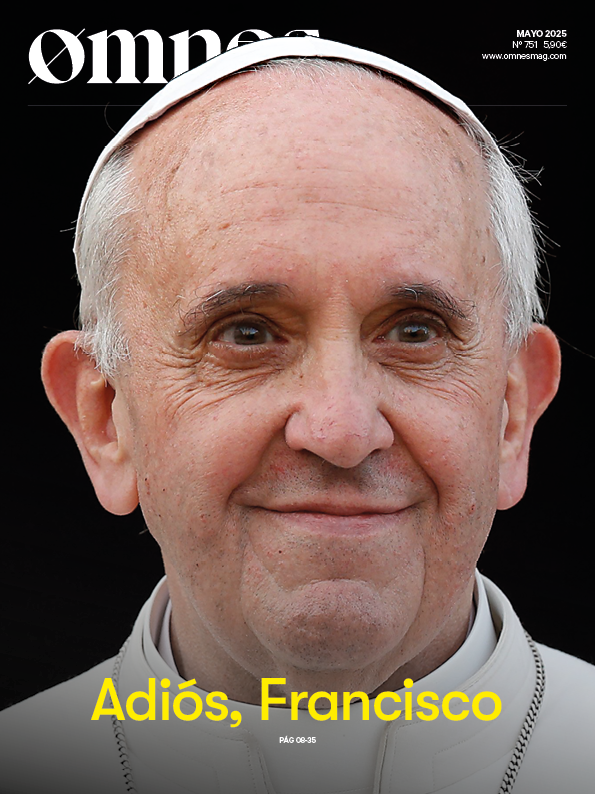If there is one verb that perhaps best describes the newness of the Vatican Council II is "to participate. As the Pope emphasized in his homily for the 60th anniversary of the opening of the ecumenical assembly, for the first time in history, the Church "has dedicated a Council to questioning itself, to reflecting on its own nature and mission".. In order to carry out such an extraordinary task, the Council could not limit itself to involving only a part of the faithful, but it had to "open for a season" to involve all the baptized. "In the Church"we read in the conciliar decree Apostolicam Actuositatem, "there is diversity of mystery, but unity of mission". And, therefore, the same dignity.
Precisely with the Council, with the Lumen Gentium in particular, it affirmed the definition of the Church as the People of Godin which we are all members and are all called upon to share the "joy and hope" (Gaudium et Spes) that flows from the Gospel. This was the great dream of John XXIII, 60 years ago. This is also the vision Francis has for the Church of the Third Millennium. For this reason, the first Pope "son of the Council" (he was ordained a priest in 1969) holds the Synod so close to his heart. A mature fruit of the Council itself which - in the intention of Paul VI who instituted it - continues and develops precisely its participatory dimension of the people: that ecclesial communion without which the Christian faith could not be fully lived.
Synod means "walking together". This is what the Pope exhorts us to do: to feel and be all of us on the way ("Church on the way out") to encounter the Risen Lord and to bear witness with joy to the women and men of our time to the beauty of this encounter that gives eternal life. It is the joy that comes from a relationship with a living Person, not with a memory of the past, because, as the philosopher already pointed out Kirkegaard, "the only relationship one can have with Christ is contemporaneity"..
Deputy Director. Editorial Direction of the Dicastery for Communication.








